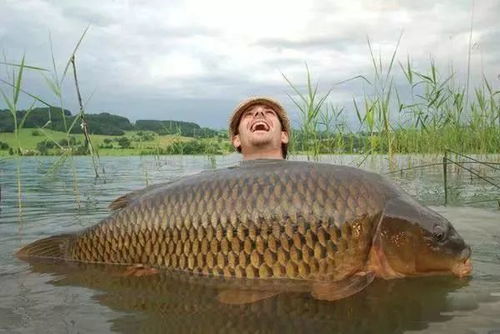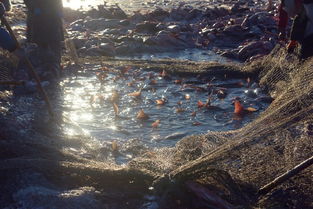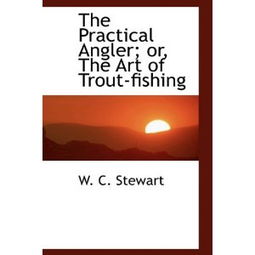Content:
Fishing is an ancient pastime that has been cherished by generations. It's a serene activity that not only teaches patience and respect for nature but also fosters a sense of accomplishment. As parents, grandparents, or guardians, it's heartwarming to see children learn the art of fishing. Here are some effective techniques to help children acquire the skills to cast a successful line.
Start with the Basics
Before diving into the intricacies of fishing, it's essential to lay a strong foundation. Here are some basic steps to begin with:
a. Familiarize Them with the Equipment
Introduce children to the different types of fishing rods, reels, hooks, lines, and lures. Explain the purpose of each item and how they work together to catch fish.
b. Teach Them How to Hold the Rod
Demonstrate the correct grip and posture. Emphasize the importance of keeping the rod straight and using the wrist to make precise movements.
c. Learn the Basics of Casting
Start with simple overhand casts. Hold the rod with both hands, extend it forward, and then flick your wrist to send the line out. Practice this motion until they can cast the line consistently.
Practice Makes Perfect
Repetition is key to mastering any skill. Encourage children to practice casting in a safe, open area. Here are some tips to help them improve:
a. Start with Short Distances
Begin by casting short distances to ensure they can control the line. As they become more comfortable, gradually increase the distance.
b. Use a Casting Aid
A casting aid, such as a bubble or a foam noodle, can help children visualize the casting motion and improve their accuracy.
c. Practice in Different Conditions
Encourage children to practice casting in various weather conditions and wind speeds. This will help them become more adaptable and skilled in different fishing scenarios.
Teach Them to Read the Water
Understanding the water is crucial for successful fishing. Here are some tips to help children learn to read the water:
a. Observe the Water Surface
Teach them to look for signs of fish activity, such as ripples, bubbles, or disturbances in the water.
b. Study the Bottom
Explain that different types of fish prefer different types of bottoms, such as rocks, weeds, or sand.
c. Learn to Identify Fish Patterns
Help them understand how fish behave in different water conditions and what they might be feeding on.
Patience is a Virtue
Fishing is a waiting game, and teaching children patience is an invaluable lesson. Here are some ways to instill patience:
a. Explain the Importance of Patience
Tell them that fishing requires patience and that they'll be rewarded for their perseverance.
b. Set Realistic Expectations
Remind them that catching fish is not always guaranteed, and it's the experience that matters most.
c. Offer Distractions
Bring along books, snacks, or other activities to keep them entertained while they wait.
Safety First
Safety should always be a priority when teaching children to fish. Here are some safety tips:
a. Always Supervise
Stay close to children while they are fishing to ensure their safety.
b. Teach Them to Respect Nature
Emphasize the importance of leaving the area as they found it and not disturbing wildlife.
c. Use Appropriate Gear
Ensure that the fishing equipment is age-appropriate and that children know how to use it safely.
Share the Experience
Fishing is a bonding experience that can create lasting memories. Here are some ways to make the experience more enjoyable:
a. Fish Together
Join your child on their fishing adventures to provide guidance and share your knowledge.
b. Teach Them the Basics of Catch and Release
If you're fishing in a catch-and-release area, teach them how to handle fish gently and safely.
c. Celebrate Successes

Celebrate both big and small successes, whether it's catching a fish or simply enjoying the day.
By following these techniques, you can help children learn the art of fishing and instill in them a lifelong appreciation for the outdoors. Remember, the journey is as important as the destination, and the skills they acquire will serve them well beyond the fishing hole.












